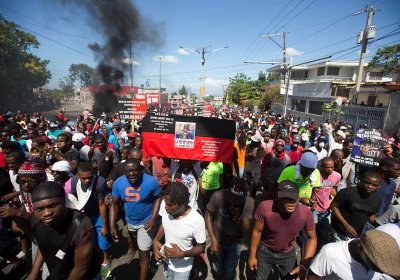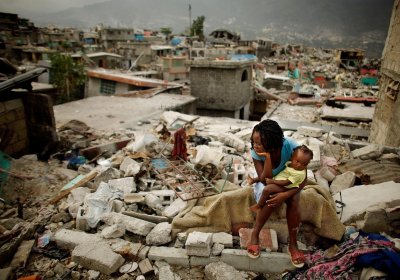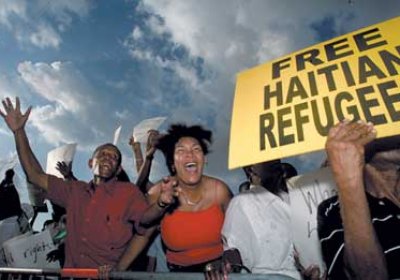Hundreds of thousands of people took to the streets across Haiti on October 17 to commemorate the national revolutionary and liberator Jean-Jacques Dessalines and to demand the resignation of United States-backed president Jovenel Moïse.
Several huge mobilisations occurred across the country demanding an end to Moïse’s anti-people, corrupt and neoliberal government.











